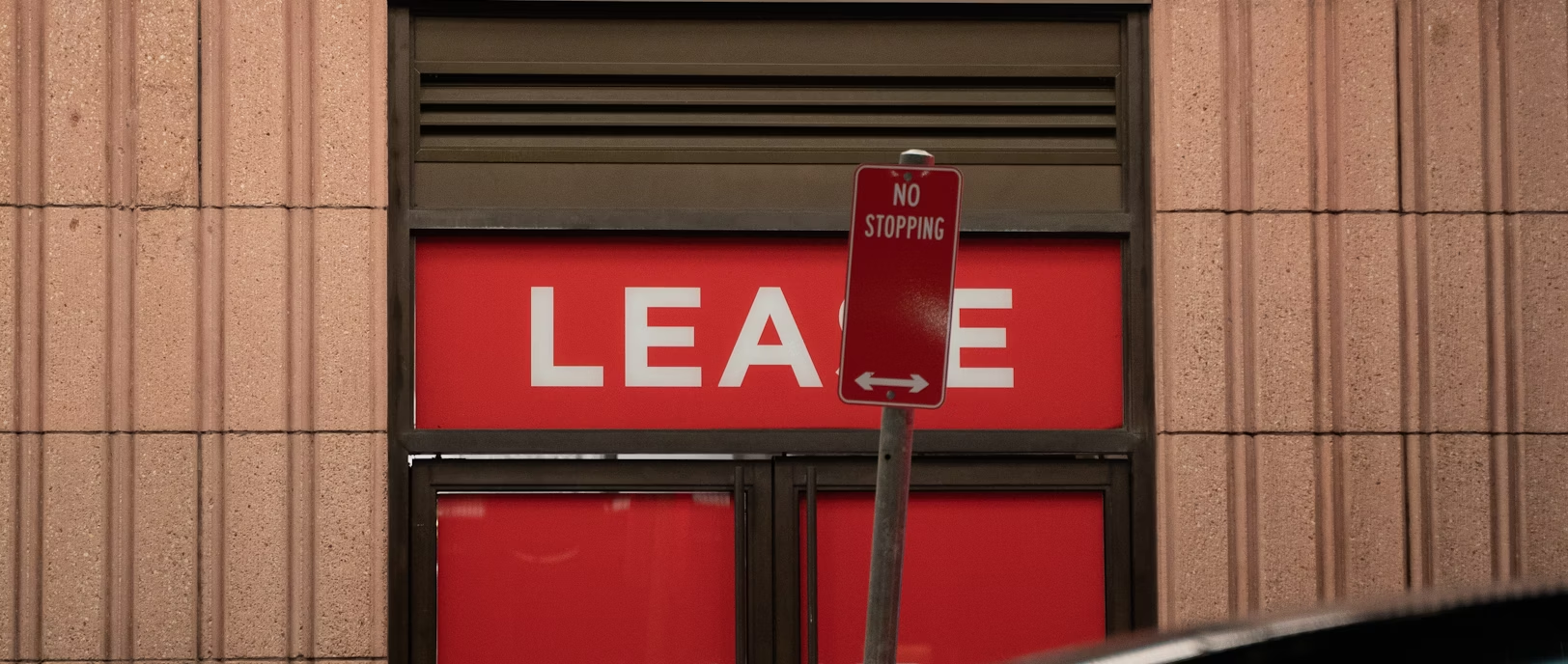Navigating Commercial Leasing Agreements in Pakistan: A Comprehensive Guide
Commercial leasing agreements are a cornerstone of business operations, providing the legal framework for renting commercial properties such as offices, retail spaces, and warehouses. In Pakistan, navigating these agreements requires a solid understanding of local laws, business practices, and the key terms that define the landlord-tenant relationship. Here’s a comprehensive guide to help you successfully navigate commercial leasing agreements in Pakistan.
Key Components of Commercial Leasing Agreements
Lease Duration and Renewal Clauses
The duration of the lease is a critical aspect of the agreement. In Pakistan, commercial leases typically range from one to five years, with options for renewal. It is essential to clearly define the terms of renewal, including notice periods and any changes in rent or other conditions.
Rent and Payment Terms
Rent is usually negotiated based on the location, size, and condition of the property. Payment terms, including the frequency of rent payments (monthly, quarterly, annually), should be explicitly stated. Additionally, the agreement should specify any rent escalation clauses, which detail how and when the rent will increase during the lease term.
Security Deposit
A security deposit is typically required as part of commercial leasing agreements in Pakistan. The amount usually ranges from one to three months’ rent. The agreement should specify the conditions under which the deposit will be returned at the end of the lease and any deductions that may be made.
Maintenance and Repairs
The responsibilities for maintenance and repairs should be clearly outlined in the agreement. Generally, the tenant is responsible for routine maintenance, while the landlord handles major structural repairs. However, these terms can vary, so it’s crucial to negotiate and document them clearly.
Subleasing and Assignment
The agreement should address whether the tenant is allowed to sublease the property or assign the lease to another party. In Pakistan, landlords typically retain the right to approve any sublease or assignment, and this should be stated explicitly in the contract.
Use of Premises
The permitted use of the premises should be clearly defined in the lease agreement. This includes specifying the type of business activities allowed on the property. Any restrictions on use, such as prohibitions on certain types of businesses or activities, should be clearly stated.
Termination Clauses
The conditions under which the lease can be terminated by either party should be detailed in the agreement. This includes early termination clauses, notice periods, and any penalties for breaking the lease before the agreed-upon term.
Dispute Resolution
Dispute resolution mechanisms should be included in the lease agreement to address any conflicts that may arise between the landlord and tenant. Common methods include mediation, arbitration, or litigation, with the choice of forum (e.g., local courts or specific arbitration bodies) specified in the contract.
Legal Considerations and Compliance
Registration of Lease
In Pakistan, leases of one year or more must be registered with the relevant land registration authority. Failure to register a lease can result in legal challenges, including difficulties in enforcing the lease terms.
Stamp Duty and Legal Fees
The lease agreement must be stamped, and the appropriate stamp duty paid. Stamp duty rates vary depending on the location and value of the lease. Both parties should agree on who will bear the cost of stamp duty and any legal fees associated with drafting and registering the lease.
Zoning Laws and Building Codes
The lease must comply with local zoning laws and building codes. It is essential to ensure that the intended use of the property is permitted under the local zoning regulations. Additionally, the property should meet all relevant safety and building standards.
Force Majeure Clauses
Given the potential for unforeseen events, such as natural disasters or political instability, it’s advisable to include a force majeure clause in the lease. This clause can protect both parties by outlining the conditions under which the lease obligations may be suspended or terminated due to circumstances beyond their control.
Conclusion
Navigating commercial leasing agreements in Pakistan requires careful consideration of various legal and business factors. By understanding the key components of the lease, ensuring compliance with local laws, and clearly defining the rights and responsibilities of both parties, you can secure a lease agreement that protects your interests and supports your business operations.
At JS Law, we specialize in guiding clients through the complexities of commercial leasing in Pakistan. Whether you’re a landlord or tenant, our team of experienced legal professionals is here to ensure your leasing agreement is comprehensive, enforceable, and tailored to your specific needs.
For personalized legal advice or assistance with your commercial lease, contact us today.

